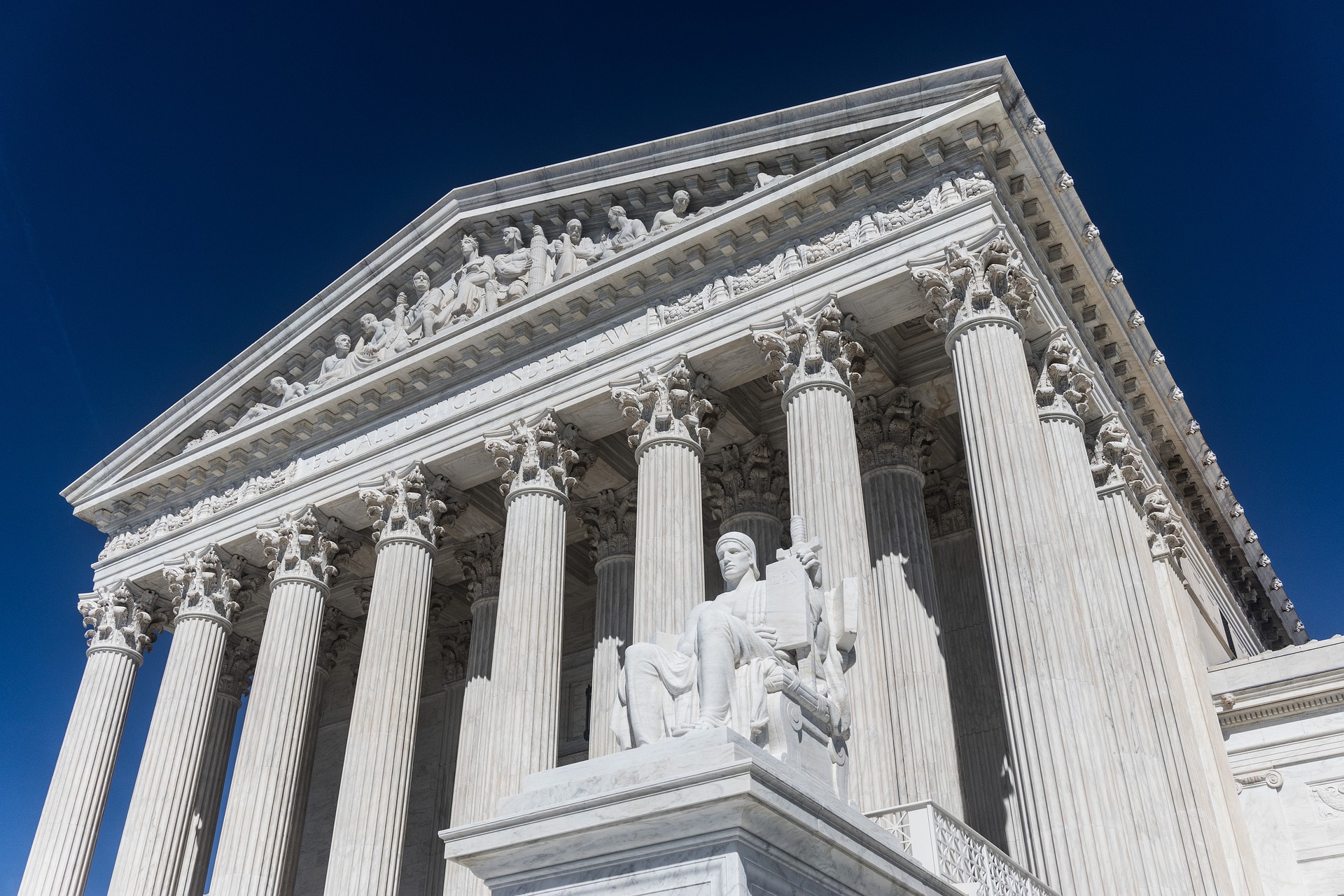Understanding the Doctrine of Qualified Immunity in America
In recent years, the doctrine of qualified immunity has become a hot topic in American legal and political discussions. This principle, which shields government officials from being held personally liable for discretionary actions performed within their official capacity, has sparked debate on its effect on civil rights and police accountability.

An Overview of Qualified Immunity
The doctrine of qualified immunity was established by the Supreme Court in the 1967 case of Pierson v. Ray. The Court intended it as a means to protect government officials, particularly law enforcement, from frivolous lawsuits. It would give them the “breathing room” to make mistakes in complex and fast-moving situations without the fear of debilitating legal consequences.
The Application and Criticisms of Qualified Immunity
Qualified Immunity is often applied in cases where law enforcement officials are sued for violating a person’s constitutional rights, typically under Section 1983 of the Civil Rights Act. However, it has been criticized for its role in preventing victims of alleged police misconduct from receiving compensation. Critics argue that it sets an excessively high bar for victims to overcome, as they must prove that the officials violated “clearly established” constitutional or statutory rights.
Recent Developments and Legislative Considerations
Recently, the doctrine of qualified immunity has come under intense scrutiny, as public calls for police reform grow louder. In response, some states and cities have begun to take action. Colorado, for instance, passed a sweeping police reform bill in June 2020 that includes a provision allowing law enforcement officers to be personally liable for up to $25,000 in damages if they are found to have violated an individual’s constitutional rights.
At the federal level, the legislative response has been more divided. The House of Representatives passed the George Floyd Justice in Policing Act in 2020 and again in 2021, which, among other things, would eliminate qualified immunity for law enforcement. However, the bill faces strong opposition in the Senate, where it is unlikely to pass in its current form.
Implications and Impact of Qualified Immunity
The doctrine of qualified immunity has far-reaching implications for American society. On one hand, it offers crucial protection for government officials, enabling them to carry out their duties without constant fear of legal reprisals. On the other hand, it raises questions about accountability, particularly in cases of alleged police misconduct.
The future of this doctrine is uncertain, but what is clear is that the debate surrounding it is part of a broader conversation about police reform, accountability, and the role of the legal system in safeguarding civil rights. The outcome of this dialogue could bring significant changes to American society and its legal landscape.
In conclusion, the doctrine of qualified immunity is an essential yet controversial part of U.S. law and policy. Its future lies at the intersection of legal reasoning, political will, and societal values. As citizens and legal scholars, it behooves us to continue scrutinizing this doctrine and its effects on our society.




